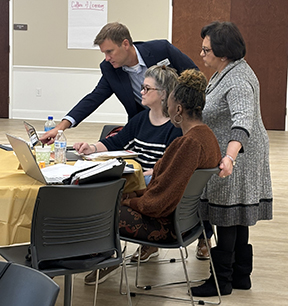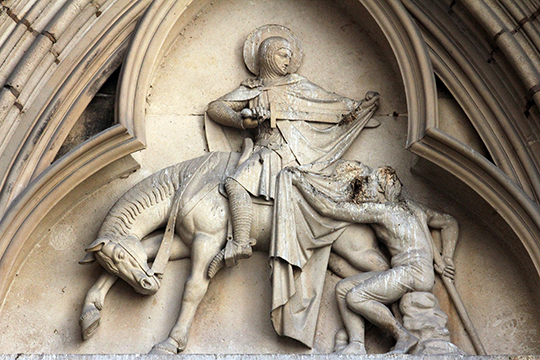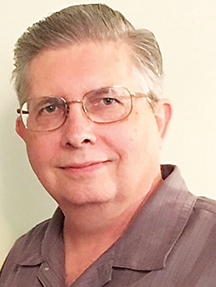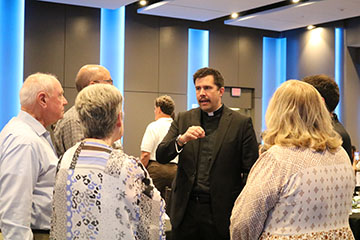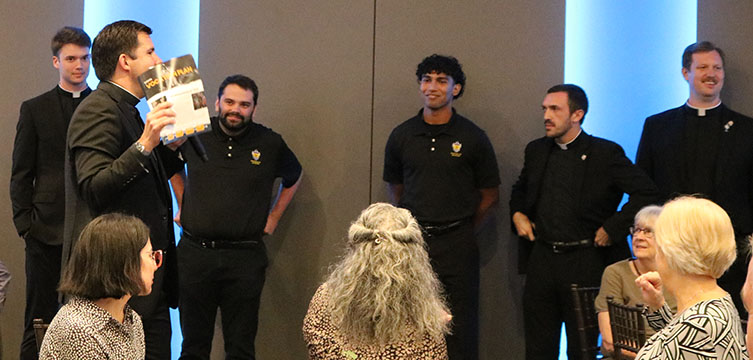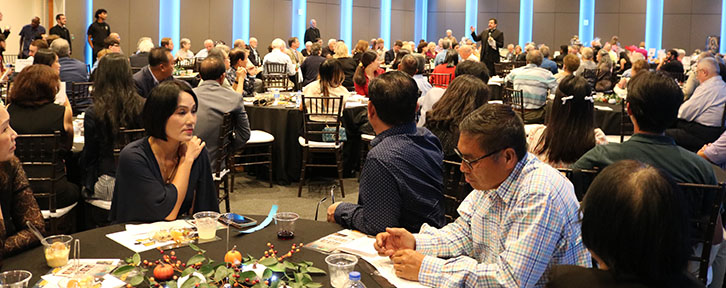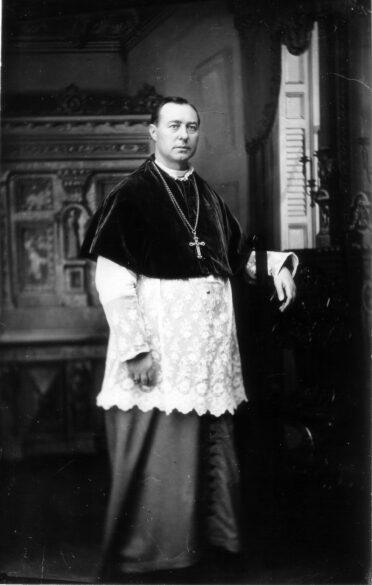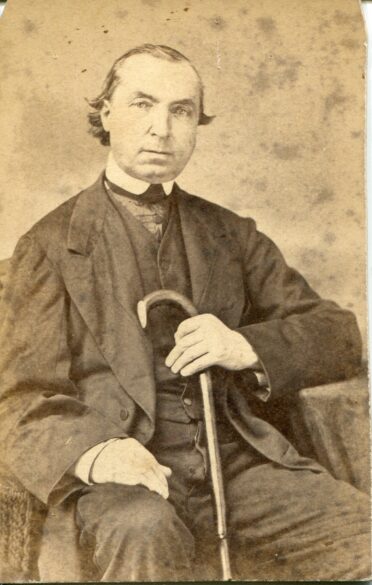From the Archives
By Mary Woodward
Following up on the last edition’s column where we learned about the fourth bishop of the diocese, Francis Janssens, this edition will share the accounts of the bishop-elect’s ordination in Richmond, Va., and his subsequent arrival in Natchez.
Bishop Gerow’s book documenting the Janssens’ administration from 1881-1888 contains many rich details of these events so I am sharing them as gathered by him. The language is descriptive and indicative of the times which makes the actual verbiage employed a part of the experience of our collective history.
“Bishop Janssens was consecrated in St. Peter’s Cathedral at Richmond on May 1, 1881, by Archbishop James Gibbons, assisted by Bishops Becker of Wilmington and Keane of Richmond. Archbishop Elder, his predecessor in Natchez, preached the sermon. There were present also Bishops Lynch, Gross, Moore and Kain, and about fifty clergymen. Of this ceremony John Gilmary Shea says:
‘The ceremony was the grandest ecclesiastical function every seen in Richmond and attracted the largest gathering known in the history of the Church in the State.’
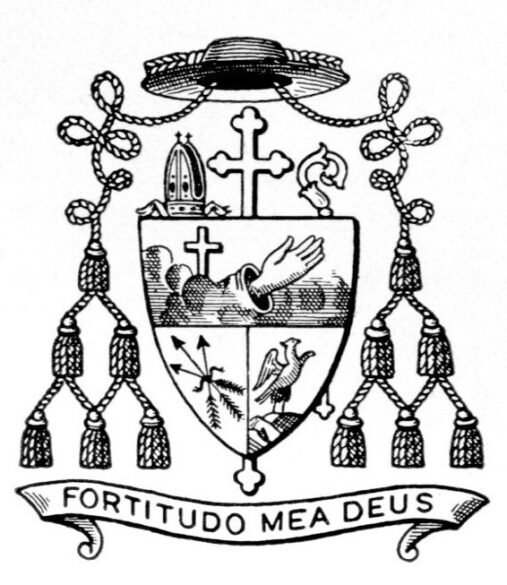
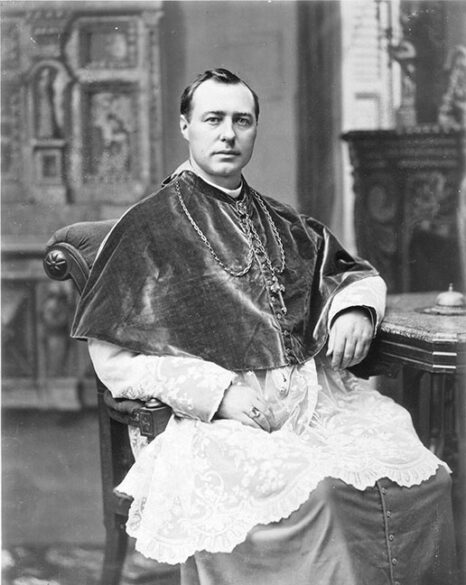
“After his consecration Bishop Janssens delayed little in Richmond. In his diary he says:
‘May 4th, left Richmond. Arrived 6th at Vicksburg. Was met by a delegation at Edwards. Arrived in Natchez 7th, where a great demonstration was given me.’
“The Natchez paper the next day gave an account of his arrival. He had to come down from Vicksburg on the Steamer Cannon. A committee of thirteen from Natchez had taken a tug up to Good Hope landing, where they boarded the Cannon on its way down to Natchez.
‘With Father Grignon at their head the committee repaired to the ladies’ cabin where Bishop Janssens was in waiting. Here a circle was formed about the reverend gentleman by the committee, and Capt. Jas. W. Lambert, the speaker of the occasion, addressed him in a very neat and appropriate five minutes speech.
“After explaining the motives that actuated the committee in meeting him on the boat, and the hearty welcome that awaited him at Natchez, Capt. Lambert concluded his address in the following words:
‘It is, therefore, to gratify no passing fancy, nor to confer merely ceremonial honors, that induce the faithful of your flock to come out today and deck themselves to greet you, but we come, Right Reverend Bishop, to tender you our veneration, confidence and affectionate homage, recognizing you as the apostolic successor Him Who rules both storm and wave, Who proclaimed from dark-browned Calvary’s frowning heights, ‘Peace on earth and good will to men,’ and Who holds the destinies of men and of worlds, as a grain of sand, in the hollow of His hand.
‘It is in their spirit that all come out today and we of the committee are happy indeed to be amongst the first of the city of Natchez to give you greeting and have the honor of presenting to you our congratulations, mingled with the sincere congratulations of those whom we represent. Long may you dwell with us in peace and rule with gentle sway the Holy Priests and faithful children in our good city, and throughout the Diocese of Mississippi. For ourselves, and in behalf of our people, permit us to bid you a thrice hearty welcome to our shores, our homes and our hearts.’
“When, finally, it was announced that Natchez was in sight, the Bishop hastened to the guard rail to view the city which was to be his home.
“Amid the booming of guns … at the wharf another ovation awaited the Bishop. After meeting quite a number of our Catholic clergy and citizens, the carriages were announced to be in readiness, and the Bishop, attended by Fathers Grignon, Finn and Meerschaert and the various members of the reception committee, left the steamer.
“A procession was then formed at the foot of Silver street, the Bishop being seated in a carriage drawn by four horses and driven by a well-known citizen, and the march to the Cathedral commenced, the Independent Cornet Band furnishing the music.
“Arriving at the Cathedral, Bishop Janssens and his attendants retired to the Episcopal residence, where they donned their clerical robes, and then, preceded by the acolytes, they marched up the center aisle of the church, which had been strewn with flowers, and the Bishop then took formal possession.
“Upon taking possession, Bishop Janssens addressed a few remarks to the very large assembly, after which the impressive ceremonies closed with the Benediction of the Blessed Sacrament.”
“The morning after the arrival being Sunday, St. Mary’s Cathedral was crowded.
“The Bishop ascended the pulpit after the Mass, and in an eloquent address, partaking more of an inaugural than of a sermon, expressed his pleasure at the many marks of honor, esteem and affection bestowed upon him by the people of this diocese. He was, he said, unworthy of the high ecclesiastical honors that had been bestowed upon him by his church but would endeavor in his humble way to prove worthy of them.
“The modest, unassuming and gentle demeanor of Bishop Janssens has already endeared him to Catholic hearts and his hold upon them will in time surely become second to none, not even to that of the good Bishop Elder.”
“On that same day at the evening devotions, Bishop Janssens gave Benediction of the Blessed Sacrament, and after the devotions a reception for the Bishop was held at his residence next to the church.”
Because of the tenure of Bishop Janssens having a very important event in the life of the diocese, namely the formal dedication of the cathedral after 46 years of building and financial struggles, I am adding a third article on Janssens’ adventures in the diocese and the long-awaited dedication of St. Mary.
(Mary Woodward is Chancellor and Archivist for the Diocese of Jackson.)


